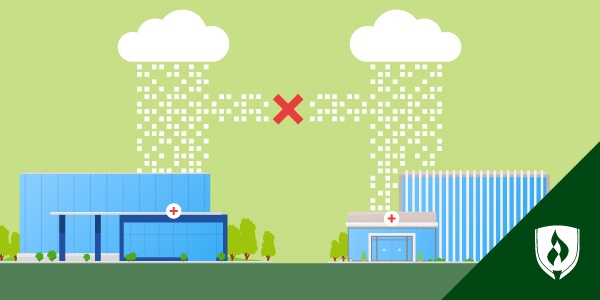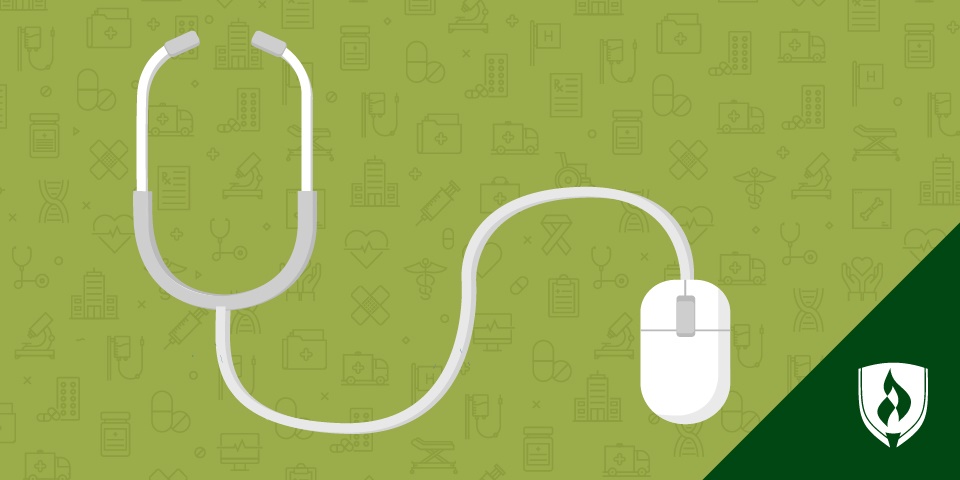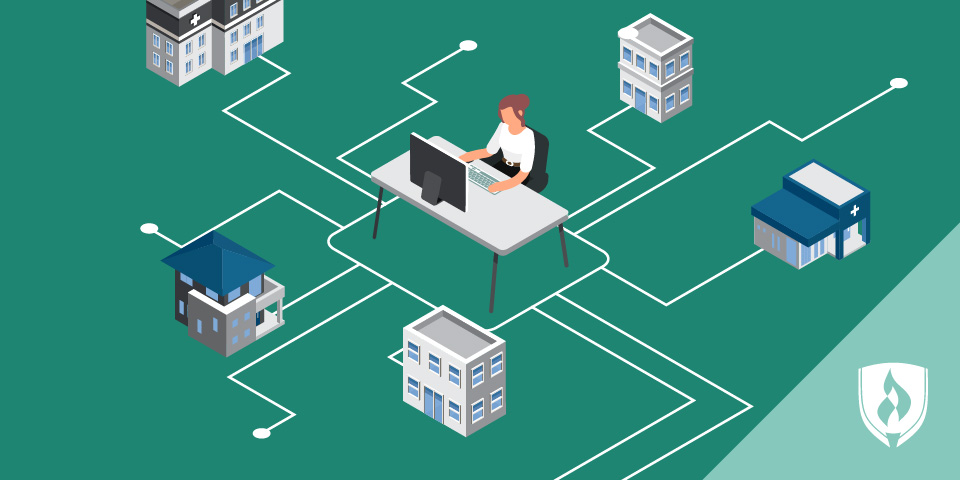You can finally see the finish line. You’re about to earn your degree in HIT after months of hitting the books and balancing school with work and family. All of that hard work is about to pay off and you’re more than ready to put your skills to good use and begin your career in healthcare.

You’re confident all of those nights in the library have prepared you for your daily job duties in HIT, but now you’re hearing about “meaningful use” and you’re having second thoughts. What is meaningful use and what does it mean for your future in HIT? Will it have an impact on your career outlook and job options? What about your everyday job duties?
Healthcare is an ever-evolving field. Stay ahead of the curve by learning all about healthcare’s latest buzzword: meaningful use. We spoke to HIT experts to unravel the mystery of what meaningful use is and what it means for your healthcare career.
What is meaningful use?
The term “meaningful use” first hit the scene in 2009 when the Health Information Technology for Economic and Clinical Health (HITECH) Act was signed into law. The purpose of this new legislation is to encourage “the adoption and meaningful use of health information technology,” according to the US Department of Health and Human Services.
The HITECH Act provides an incentive program for healthcare providers who integrate electronic health records (EHR) into their practice in a meaningful way—hence “meaningful use.”
Eligible providers and hospitals must begin using EHR or face reductions in reimbursements for services rendered, according to Charles A. Settles, product analyst at TechnologyAdvice, a company that assists businesses in making technology decisions. Hospitals and providers have to meet certain required objectives as they implement EHR in their healthcare setting. Failure to do so will prohibit them from receiving the incentives outlined in the HITECH Act.
In a nutshell, “meaningful use” refers to the criteria healthcare providers need to meet in order to get their incentives from the Centers for Medicare & Medicaid Services (CMS).
Meaningful use: changing the healthcare industry through big data
It’s not enough to simply meet the criteria; hospitals and providers have to prove that they’re adhering to the core objectives for meaningful use. To make things even more complicated, meaningful use has two separate stages with different requirements for each depending on your healthcare setting.
The Stage 1 meaningful use requirements for a hospital include 16 objectives total, including 11 core objectives. The core objectives include things like computerized provider order entry, e-prescribing capability, automated drug-to-drug and drug-to-allergy interaction checks and electronic recording of patient demographics, according to Settles.
It may seem like a lot of hoop-jumping but the HITECH act is allowing for progress in a way that will benefit patients and providers alike. Meaningful use participation has the potential to “help hospitals deliver more innovative healthcare at lower costs” if the requirements are executed correctly, says Jennifer Dennard, digital diva at healthcare IT news site HIStalk.
In theory, patient care will become more affordable and increase in quality if the healthcare industry is able to use EHR and other data technology in its everyday clinical processes.
How will meaningful use affect HIT jobs?
The meaningful use requirements are different for each hospital or provider’s unique circumstances, but certain aspects are influencing nearly all healthcare settings. Here are a few ways your HIT job might be affected:
1. The HIT world is becoming more connected
“Meaningful use's contributions to current change include a more tightly connected community of IT professionals and more engagement between IT and physicians than ever before,” says Tiffany Crenshaw, president and CEO of HIT staffing and consulting company Intellect Resources. She explains that interpersonal and communication skills are now highly sought after in the field.
Many hospitals are also forming Clinically Integrated Networks to share information between local member hospitals, according to Linda Stotsky, advocate for healthcare IT solutions. She says these networks fill in the gaps between locations of care, systems and practice settings.
You can rest assured that you’ll no longer be an isolated HIT worker but part of a connected team working toward the common goal of effective and affordable healthcare.
2. Your daily job duties are changing
HIT jobs will continue progressing as changes in healthcare technology and EHR are implemented. Stotsky advises aspiring HIT professionals to be prepared to wear many hats when it comes to helping hospitals achieve meaningful use requirements. Adhering to these guidelines is a team effort and Stotsky points out that all HIT personnel should have a good attitude about pitching in.
One of the biggest changes to HIT jobs is the shift toward data analysis. Hospitals and providers are now tasked with collecting accurate patient data and HIT pros will need to figure out what to do with all of those records.
“Jobs are shifting from purely ‘implementation’ duties to daily accountability and data analysis,” says Sharon Miller, president of Health Care Innovations. You’ll be responsible for examining the data, determining what needs to be corrected in order to comply with meaningful use requirements and leading a team in implementing those changes, according to Miller.
Your HIT role will make you a key player in your hospital’s adherence to meaningful use. Miller advises HIT professionals to understand the CMS’ rules for meaningful use and to be prepared to evaluate your hospital’s success in achieving those goals.
3. The HIT job outlook is optimistic
Hospitals need plenty of help getting these EHR systems up and running, which means HIT support job opportunities will be increasing for the next several years, according to Settles. Providers and hospitals are “making committed, full-time hires who stabilize, optimize and support EHRs,” Crenshaw adds.
Need some cold hard facts to support their assertions? HIT jobs are projected to grow much faster than average, at a rate of 22 percent through 2022, according to the Bureau of Labor Statistics.
The bottom line is that meaningful use requirements are opening doors to a variety of HIT careers. Medical scribes, database administrators and computer scientists with healthcare experience are just some of the jobs Settles anticipates being in high demand.
Take advantage of the opportunity
So what is meaningful use? Put simply, it’s paving the way for you to launch a meaningful career in healthcare. HIT pros are needed now more than ever thanks to meaningful use. It’s time to capitalize on the opportunity and put your soon-to-be degree to good use!




